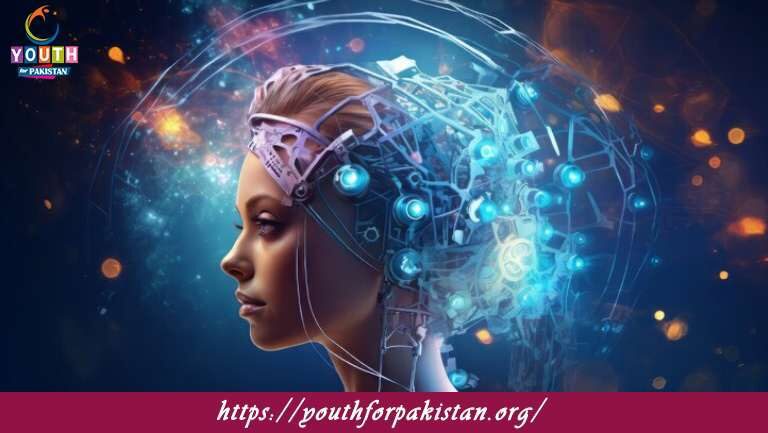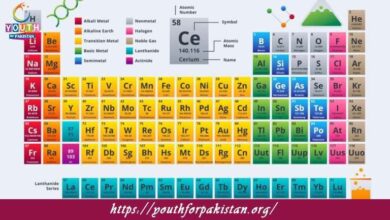12th Class Biology Chapter 17 Quiz with Answers

“12th Class Biology Chapter 17 Quiz: Coordination and Control” discusses in detail the intricate systems that allow the body to respond to stimuli and maintain homeostasis. The chapter deals with the nervous system and endocrine system, which coordinate and control various functions of the body. The nervous system allows for the almost instantaneous responses to changes in the environment, while the endocrine system controls long-term processes by releasing hormones. Understanding these systems is crucial to understanding how organisms interact with their surroundings and maintain internal stability. Ace your MDCAT Quiz with our free flashcards designed to boost your learning.
The Nervous System: Rapid Control and Coordination
The nervous system is responsible for the detection of changes in the environment and the response to those changes. It consists of the central nervous system (CNS), which includes the brain and spinal cord, and the peripheral nervous system (PNS), which includes nerves that connect the CNS to the rest of the body.
The nervous system consists of neurons, which are specialized cells that conduct electrical signals and allow communication between different parts of the body. Upon the detection of a stimulus, sensory neurons transmit the signal to the brain, where it is processed and then transmitted through motor neurons to effectors, such as muscles or glands. A reflex arc is a simple pathway of sensory and motor neurons that enables quick, automatic responses to certain stimuli.
The Endocrine System: Hormonal Control
While the nervous system produces fast responses, the endocrine system controls the body’s slower, long-term processes through the use of hormones. Hormones are chemical messengers produced by glands, such as the thyroid, pituitary, adrenal, and pancreas, and travel through the blood to target organs.
The endocrine system is responsible for controlling a variety of processes, including growth, metabolism, and reproduction. For instance, the thyroid gland produces thyroxine, which regulates the body’s metabolic rate, whereas the pancreas produces insulin and glucagon to control blood sugar levels. In stressful situations, the adrenal glands release adrenaline, preparing the body for a “fight or flight” response.
MDCAT Quiz: Coordination and Control
Take our MDCAT Quiz on coordination and control to test your understanding of the nervous and endocrine systems. This quiz will cover basic concepts—neurons, reflex arcs, how hormones are regulated, and the role of various glands in maintaining homeostasis. It will help you review key concepts and prepare for related questions in your exams.
- Test Name: 12th Class Biology Chapter 17 Quiz
- Type: Quiz Test
- Total Questions: 30
- Total Marks: 30
- Time: 30 minutes
Note: Answer of the questions will change randomly each time you start the test, once you are finished, click the View Results button.
Free Flashcards for Coordination and Control
Review important terms and concepts using our free flashcards for coordination and control. These flashcards focus on the structure of the nervous and endocrine systems, including types of neurons, glands, and hormones. They are a great tool for reinforcing your knowledge and ensuring solid retention of this crucial chapter.
Experience the real exam environment with our expertly designed collection of over 25,000 MCQs MDCAT Mock Tests.






